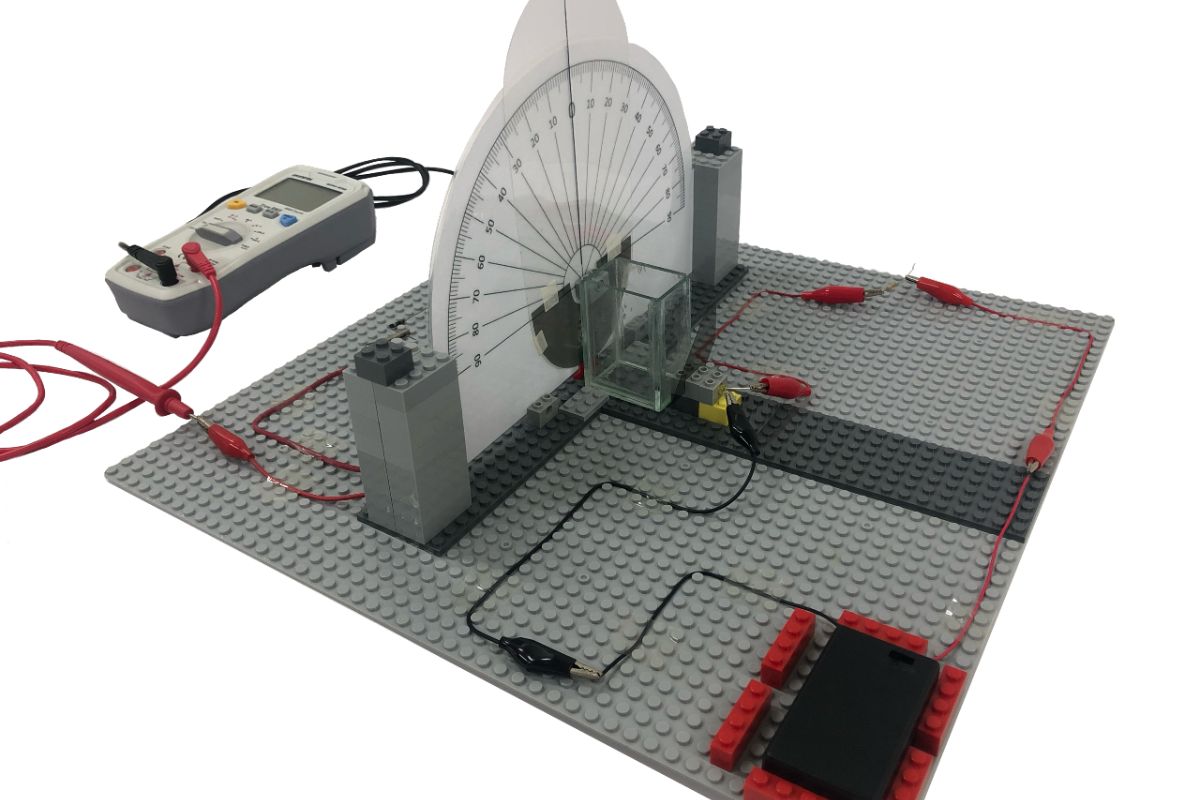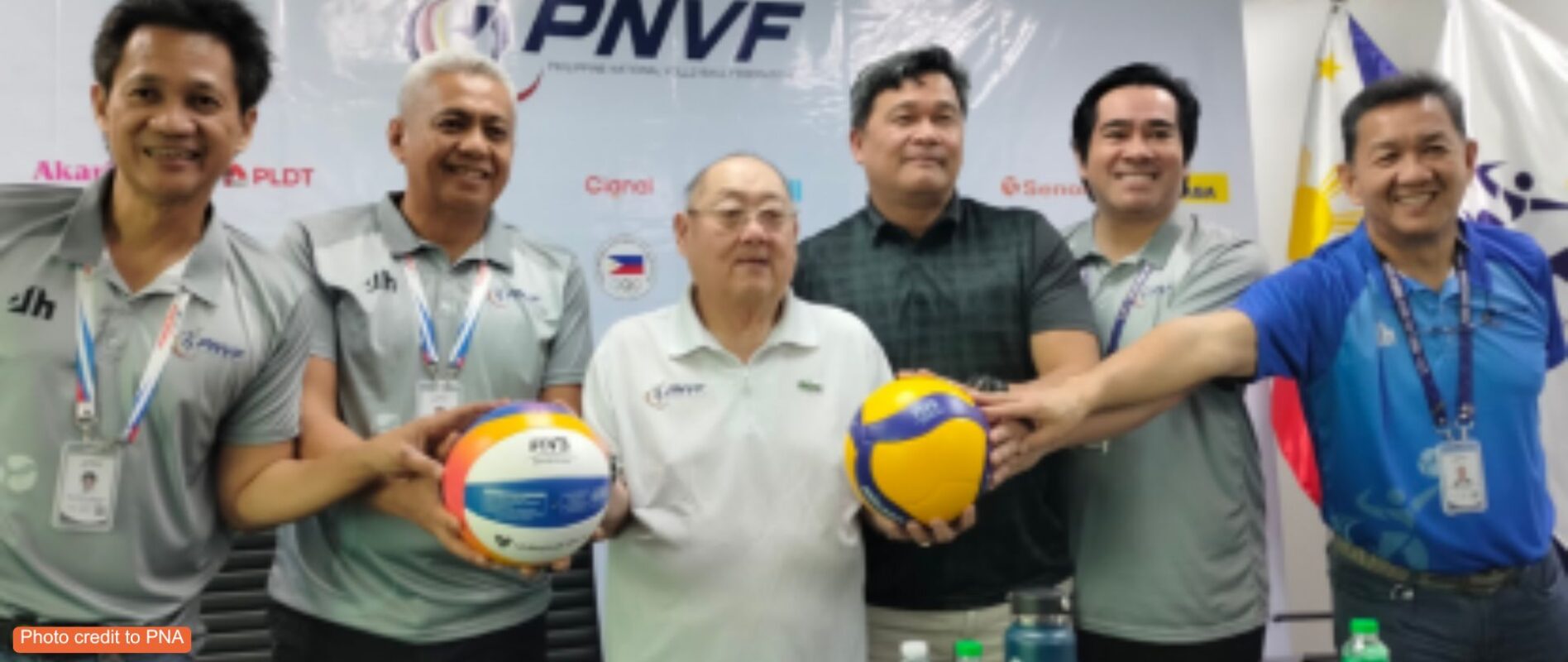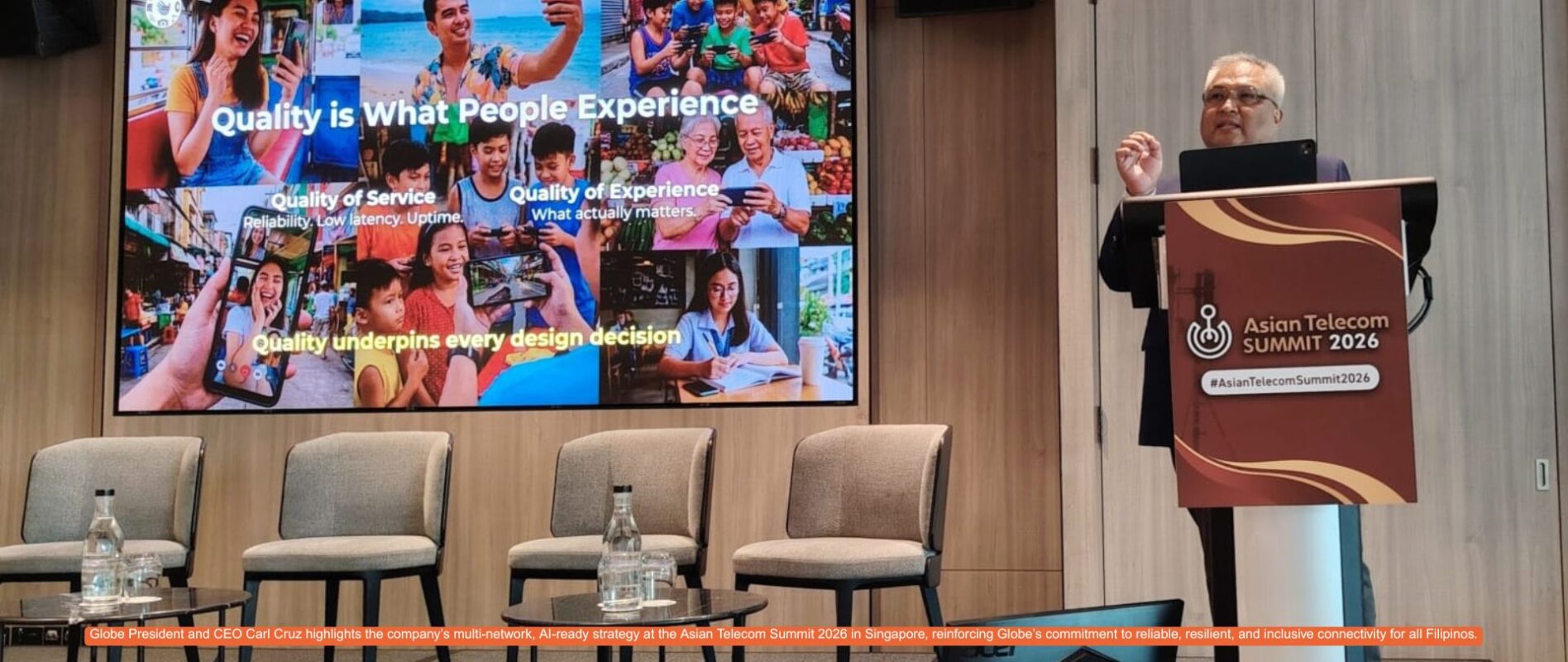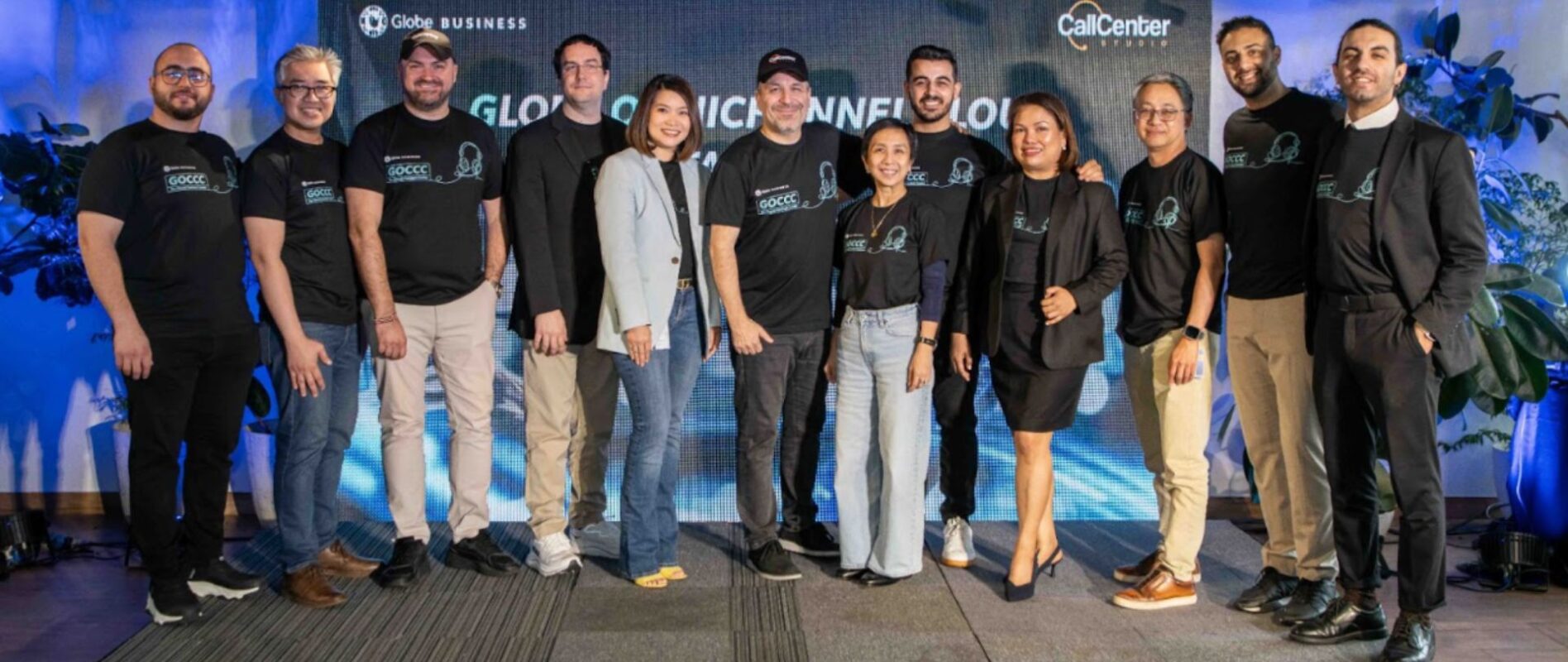ATENEO STUDENT CREATES AFFORDABLE LEGO® POLARIMETER FOR VITAMIN C PURITY TESTING
AN UNDERGRADUATE physics student from Ateneo de Manila University has developed an improvised polarimeter using simple circuitry, polarizing film, and LEGO® toy bricks.
Ryan Joseph Felicidario and his thesis adviser, Dr. Ramon delos Santos, enhanced an existing LEGO®-based polarimeter originally created by Norwegian researchers Lise Kvittingen and Birte Johanne Sjursnes. They modified the design to improve the detection process, allowing for accurate measurements crucial for assessing ascorbic acid’s low specific rotation.
The study, titled “Measurement of ascorbic acid samples’ optical rotation via an improvised polarimeter for purity assessment,” was published in the Journal of Physics: Conference Series on October 23, 2024.
“The device can optically assess the purity of Vitamin C (ascorbic acid) and other chiral substances, with potential applications as an educational tool and in monitoring the quality of consumer products,” Ateneo stated.
“Polarimeters are essential in laboratories for determining the purity of chemicals by measuring the angle of rotation of polarized light passing through a sample,” they explained.
“However, traditional polarimeters are expensive, with high-end models costing over $11,500 and manual versions priced above $1,200, making them inaccessible for small labs and classrooms in developing countries like the Philippines,” they added.
Ateneo noted that Felicidario reduced the polarimeter’s cost to over $150 using LEGO® bricks and readily available components.
He tested it on two Vitamin C samples from different brands—one met acceptable standards, while the other showed significant deviations, indicating possible impurities.
“(The) comprehensive approach combining polarimetry and melting point determination proved to be cost-effective compared to other devices typically used for purity assessment, which are often more expensive,” Felicidario and delos Santos stated in their paper.
“Furthermore, the findings demonstrated that the polarimeter is not only effective in practical applications, but it also offers educational benefits. Its non-black-box nature facilitates a straightforward demonstration of optical activity and polarization concepts,” the paper concluded.














